Yes, snowboarding is a great way to burn calories, lose weight, and build endurance. You can strengthen your lower body muscles, improve flexibility and cardio health, and boost your mood.
It does not matter if you are an advanced snowboarder or not, you can enjoy this sport regardless of your skill level and reap all the mental and health benefits!
Here is why snowboarding is an excellent sport.
Physical Health Benefits of Snowboarding
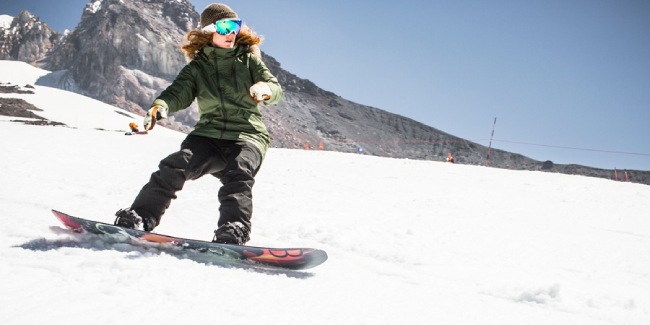
Calorie burn and weight loss
You can burn those extra calories through snowboarding. No matter how experienced you are, spending a day on a snowy mountain slope can burn a lot of calories. In fact, you can burn 450 calories per hour snowboarding.
Flexibility improvement
When balancing and engaging key muscles while snowboarding, the body becomes more flexible. Additionally, it helps to reduce muscle strains and sprains. By changing directions often, snowboarding improves flexibility.
Balance improvement
Besides being a great exercise for the core, snowboarding is also exhausting after a long day. The muscles around your pelvis, your back, and your abdominals make up your core.
Snowboarding is one of the physical activities that require strong core muscles. A healthy set of abs would be beneficial to protect vital internal organs as well.
Cardiovascular endurance improvement
Snowboarding works your heart like a muscle. Downhill boarding increases your heart rate. This sport through deep powder requires a higher heart rate than riding groomed slopes. All forms of snowboarding are suitable for the cardiovascular system.
Better coordination
Your body’s position can is controlled through balance. Improving your body awareness will reduce the risk of injury during daily activities. You will get better balance and coordination when you become more skilled.
Incorporates strength training
Snowboard workouts should target a variety of core muscles, cardiovascular endurance, and stretching. Together, these activities provide an excellent foundation for snowboarding when combined right.
- Deadlift
- Lunges
- Plank
- Squats
Stress hormone – cortisol
The human body produces cortisol as a stress hormone. Spending time in nature has been shown to reduce cortisol release.
In other words, whenever you need to relax from all your daily chores, go snowboarding to reduce your stress level.
Mental Health Benefits of Snowboarding
Building self-confidence
Once you’ve practiced and learned the snowboarding moves, you’ll feel a confidence boost. You’ll definitely feel more confident as a result.
Relieve anxiety and stress
Clearing your mind is one of the benefits of snowboarding. When you are enjoying a snow sport, you won’t get distracted by anything that causes stress. Snowboarding is a great way to relieve stress.
Meeting new people
Whenever you are out skiing, there is always the chance to meet new people. Snowboarding helps people build more meaningful relationships as other sports do. The activity boosts self-esteem and promotes bonding.
Boost the mood
Snowboarding helps keep your mental and physical health in check. You feel awesome when you exercise because endorphins and adrenaline get released. By releasing these hormones in the body, you improve your mental health and boost your mood.
Enhanced ability to concentrate
While snowboarding, you must stay in the moment. It’s important to keep your pace, consider how steep the hill is, bend at the right time, and more.
You’ll be able to work on a mental workout that is beneficial to your concentration.
Which muscles work while snowboarding?
Quadriceps muscles
To snowboard, you need strong thighs and knees. Standing upright while snowboarding is unheard of among professionals. There is always some bending of the knees, which helps keep you balanced. This will also lower the damage to your knees and the body in general.
Abdominal or core muscles
To snowboard, you need strong thighs and knees. Standing upright while snowboarding is unheard of among professionals. There is always some bending of the knees, which keeps you balanced. This will also lower the damage to your knees and the body in general.
Calves muscles
In snowboarding, you spend most of your time squatting. The binding and boots are angled, so the calves are always worked. This results in cramps and is very uncomfortable.
Balance in snowboarding
Keeping your balance while snowboarding is crucial. So, you must engage your core muscles and your lower legs and ankles. This will help maintain your balance.
People don’t even realize these muscles are being used until they wake up the next day sore.
FAQs
1. How many calories does snowboarding help burn per day?
Ans. An adult weighing 110 to 200 pounds burns 250 to 630 calories each hour.
2. Is it possible to lose weight by skiing?
Ans. Snowboarding provides people with great cardiovascular exercises that can help them lose weight. Weight and skill determine how many calories get burned per hour.
3. What happens if I’m too heavy for my snowboard?
Ans. It is a matter of changing the size of the snowboard if you are too heavy for it. When you go snowboarding, you can rent snowboards that are a different size. So, outside the shop, you can try a different size to determine if it is more suitable.
4. How many calories does it take to do Nordic skiing?
Ans. Even if you aren’t an elite skier, you can still work out by cross-country skiing. Despite skiing slowly, a 200-pound person will still burn 600 calories each hour.

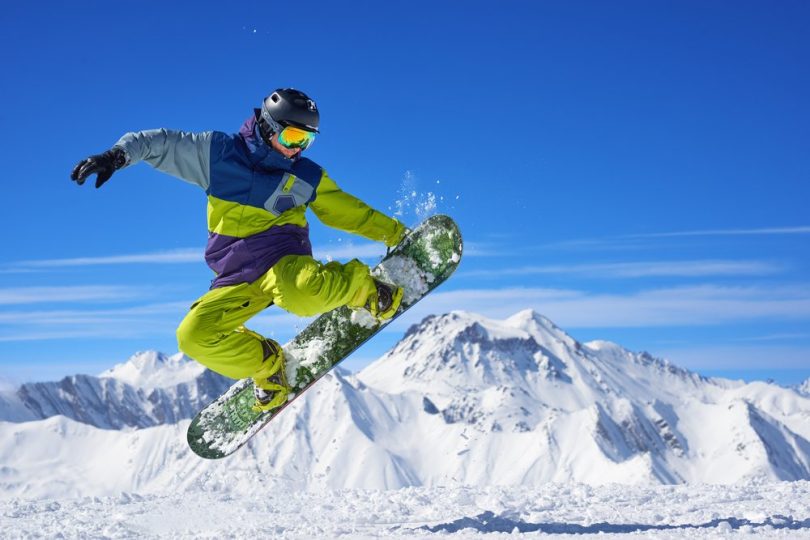
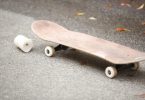
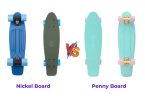
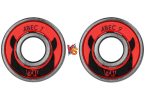
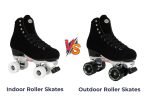
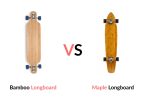
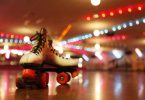

Leave a Comment